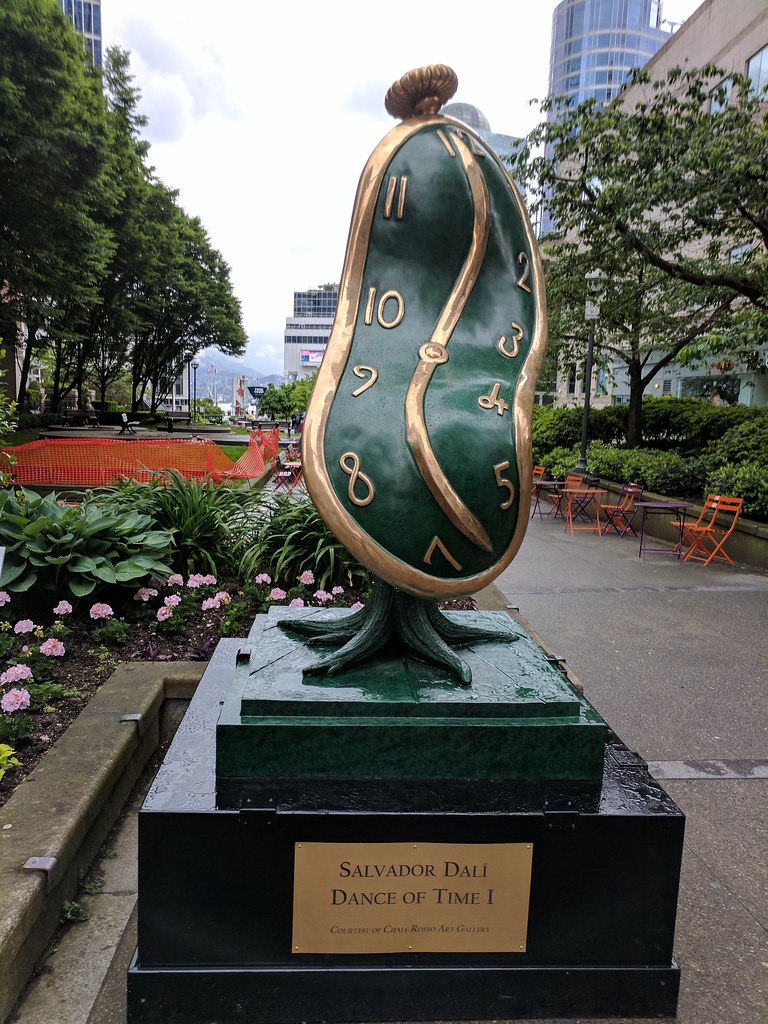Painted during theDada-inspired movement, the melting-clocks-masterpiece embodies the sensibilities that define the experimental and eccentric genre.
Who Was Salvador Dali?
When WasThe Persistence of MemoryCreated?
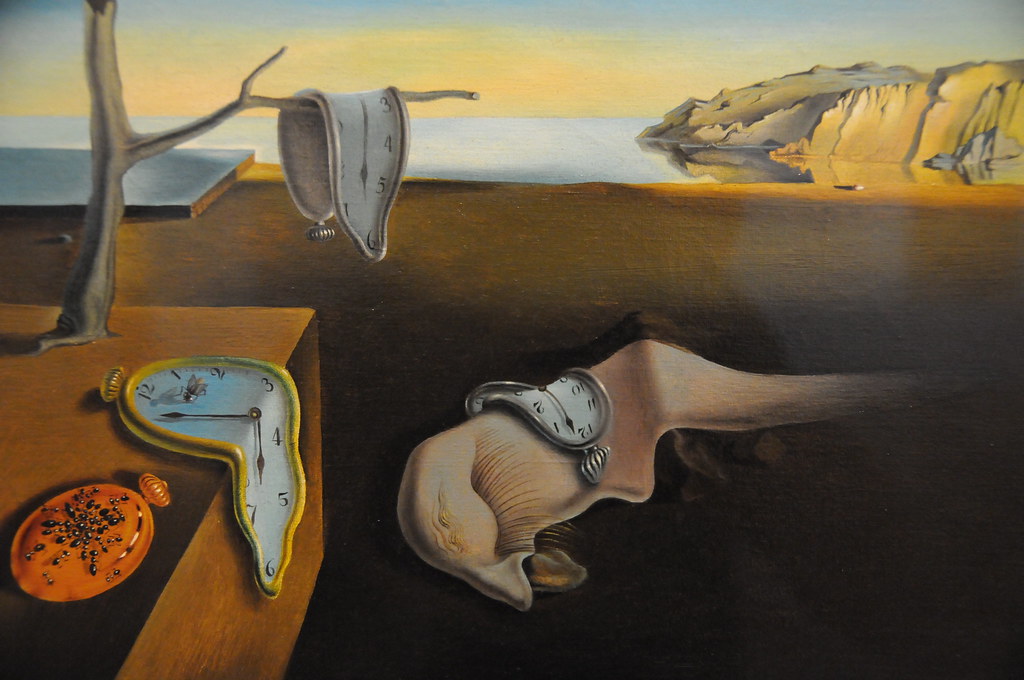
Salvador Dalí, “The Persistence of Memory,” 1931
The Persistence of Memorywas painted in 1931, at the height of theSurrealist movement.
During this time, innovative artists explored ideas ofautomatismand the self-consciousnessin their work.
This experimental approach to art culminated in a tendency toward peculiar subject matter that evokes dreams and challenges perceptions.
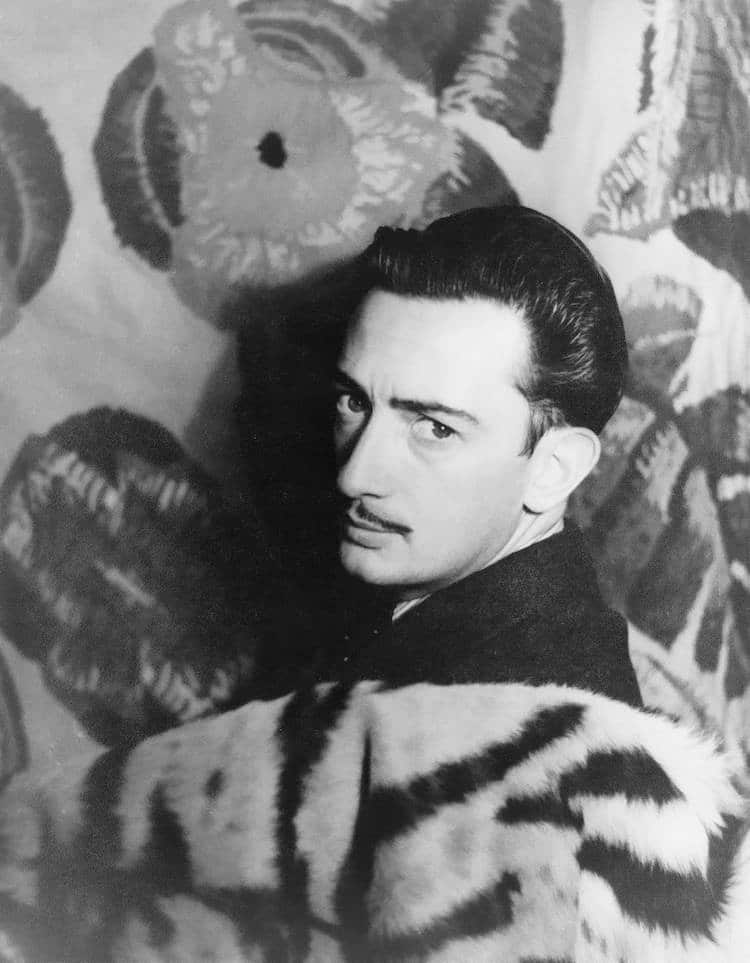
Photo of Salvador Dalí by Carl Van Vechten, 1939 (Photo: Library of Congress viaWikimedia Commons, Public domain)
When Dali paintedThePersistence of Memory, his artistic practice was guided by the peculiar paranoiac-critical method.
Anthropomorphic Form
Perhaps the most perplexing part of the scene is ananthropomorphic masssprawled on the ground.
This face-like figure is thought to be aself-portraitof the artist.
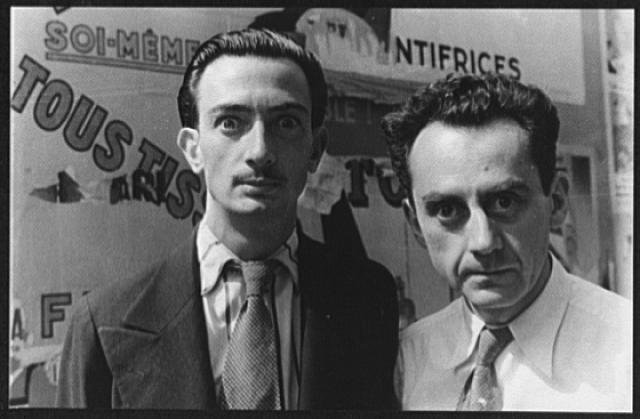
Salvador Dalí and Man Ray in Paris, 1934 (Photo:Carl Van Vechten / Library of Congress)
Specifically, the coastal cliffs represent Cap de Creus, a peninsula close to the artist’s home.
What Does Dali’s Melting Clocks Motif Mean?
Lithography
Dali also included iconography fromThe Persistence of Memoryin his later lithographs.
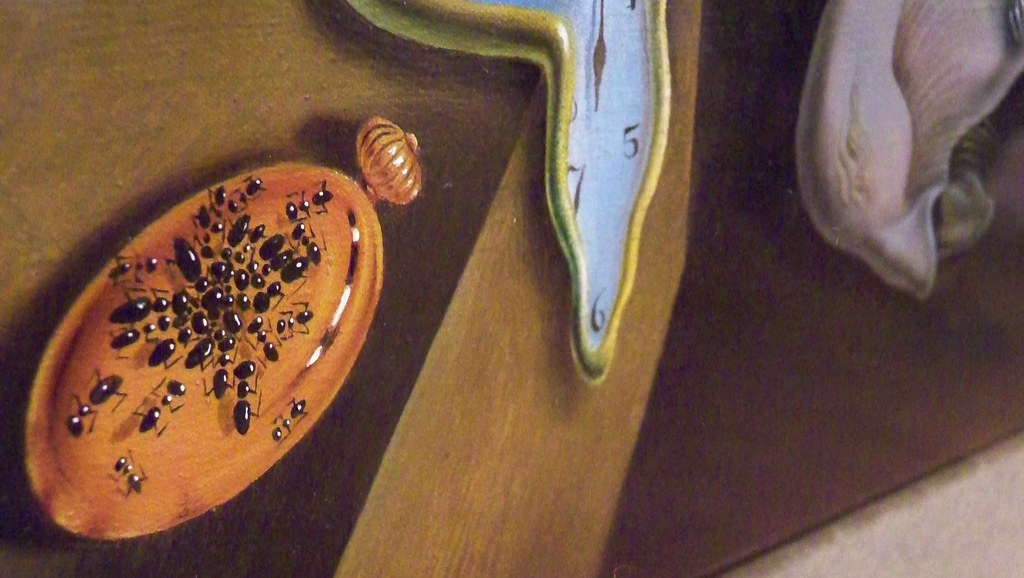
Specifically, he incorporated melting clocks inTime Suite, a series of prints.
Sculpture
In addition to painting, Dali is also known for his surreal sculptures.
Throughout his career, he designed several sculpted works inspired by his melting clocks.
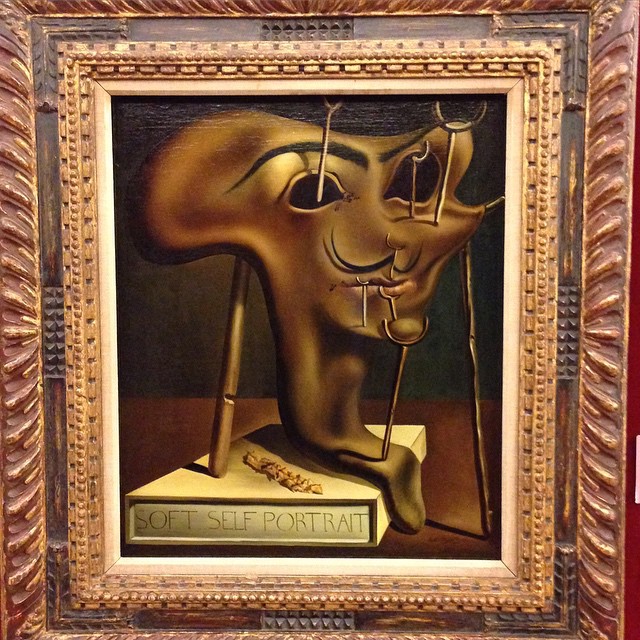
“Soft Self-Portrait With Grilled Bacon,” 1941
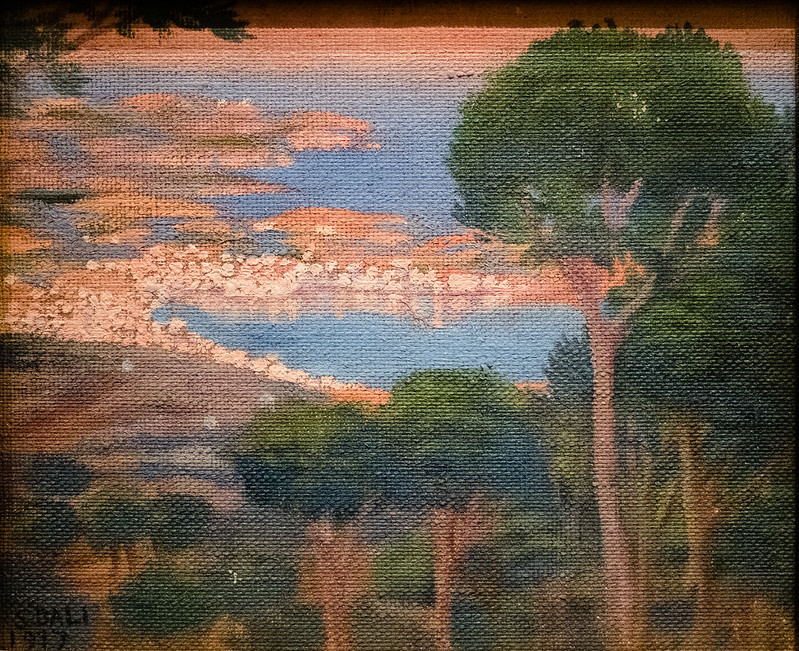

The Disintegration of the Persistence of Memory, 1954
